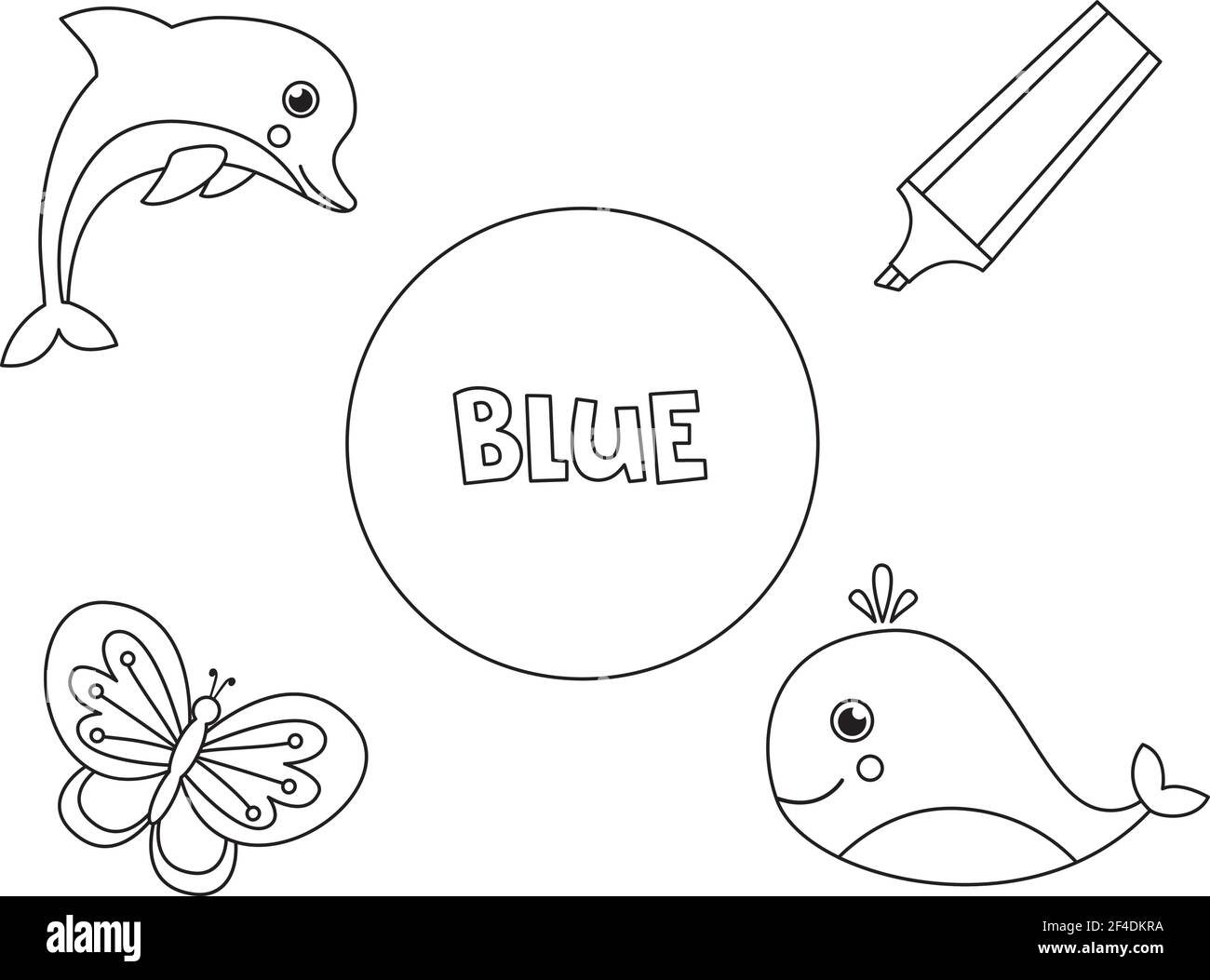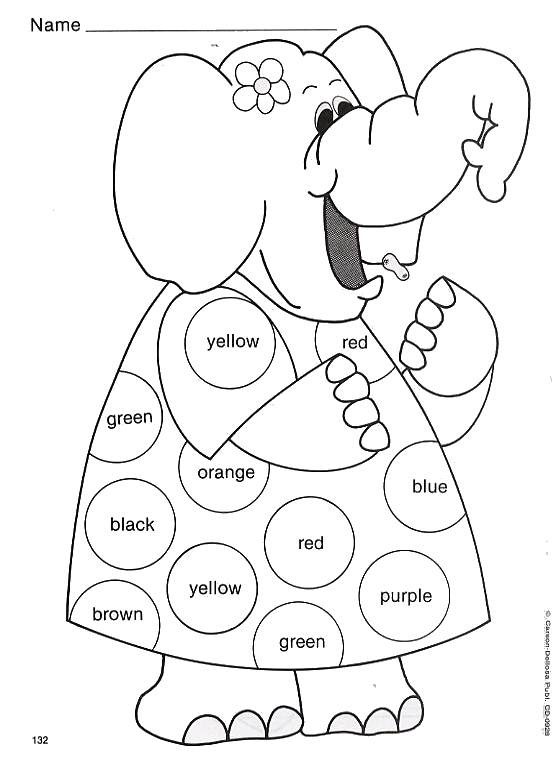
Dibujando y Coloreando Para Niños - Aprende Colores Pintando un Loro - Learn Colors / FunKeep - YouTube

Ilustración De Dibujos Animados En Blanco Y Negro De Los Colores Primarios Básicos Página Educativa Para Niños Con Las Frutas Personaje De Alimentos Libro Para Colorear Ilustraciones Svg, Vectoriales, Clip Art Vectorizado

Colorear la página con objetos azules. Aprender colores primarios para los niños Imagen Vector de stock - Alamy

Dibujos Animados De Blanco Y Negro Ilustración De Los Colores Primarios Para La Educación Actividad De Colorear Para Niños Con Payaso Ilustraciones Svg, Vectoriales, Clip Art Vectorizado Libre De Derechos. Image 65858571.

Ilustración caricatura en blanco y negro de los colores primarios de la coloración de la actividad educativa para niños con Payaso Imagen Vector de stock - Alamy

colores primarios | Hojas de actividades para niños, Actividades ludicas para niños, Colores preescolares

Ilustración De Dibujos Animados En Blanco Y Negro De Colores Primarios Básicos Página Educativa Para Niños Con Insectos Personajes Animales Libro Para Colorear Ilustraciones Svg, Vectoriales, Clip Art Vectorizado Libre De Derechos.

Dibujo de Colores primarios secundarios y terciarios pintado por en Dibujos.net el día 19-11-20 a las 22:45:21. Imprime, pinta o colorea tus propios dibujos !












